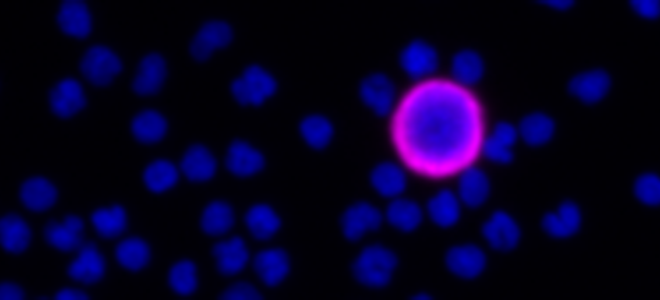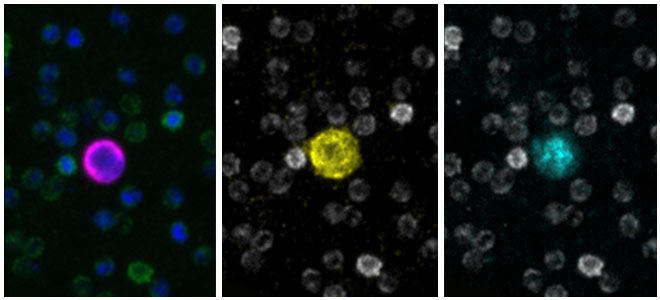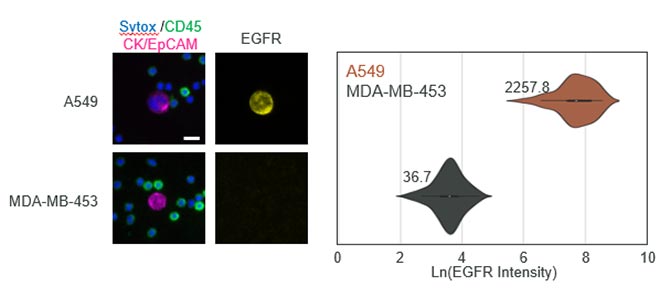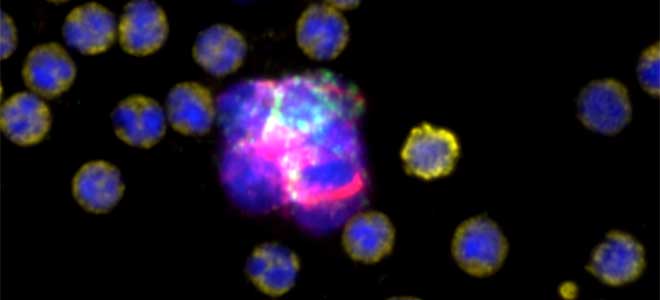Conferences
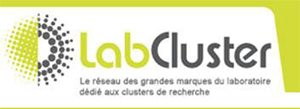
LabCluster 2024
June 25, 2024
IRS - UN, Nantes, France
RareCyte team: Alex Darmoise, Mickael Meyrand
Contact us to set up a meeting
Event website →

Stanford Spatial Biology Summit
Sept 10-12, 2024
Stanford, CA, USA
RareCyte team: Xiaocong Chen, Selena Larkin
Contact us to set up a meeting
Event website →

QBI Society Multiplex Analysis Workshop
Sept 24-26, 2024
San Diego, CA, USA
RareCyte team: Xiaocong Chen, Selena Larkin
Contact us to set up a meeting
Event website →

Spatial Biology Europe 2024
Sept 30 - Oct 1, 2024
Basel, Switzerland
RareCyte team: Alex Darmoise, Mickael Meyrand
Contact us to set up a meeting
Event website →
Webinars
New discoveries in HER2 detection: A novel method of multimodal detection of HER2 from a single tube of blood
Speaker
Eszter Papp, PhD
R&D Product Manager, CellCarta
Now available on demand →
Speaker
Eszter Papp, PhD
R&D Product Manager, CellCarta
Now available on demand →
Use of open-source software for quantitative analysis of multiplex images
Speaker
Dr. Sara McArdle
La Jolla Institute of Immunology
Now available on demand →
Speaker
Dr. Sara McArdle
La Jolla Institute of Immunology
Now available on demand →
Multimodal tissue imaging and machine learning to advance precision medicine
Speaker
Dr. Peter K Sorger
Harvard Medical School
Now available on demand →
Speaker
Dr. Peter K Sorger
Harvard Medical School
Now available on demand →
Spatial analysis and high-plex immunofluorescence to study human pancreata in type 1 diabetes
Speaker
Dr. Estefania Quesada-Masachs
Instructor, La Jolla Institute for Immunology
Now available on demand →
Speaker
Dr. Estefania Quesada-Masachs
Instructor, La Jolla Institute for Immunology
Now available on demand →

